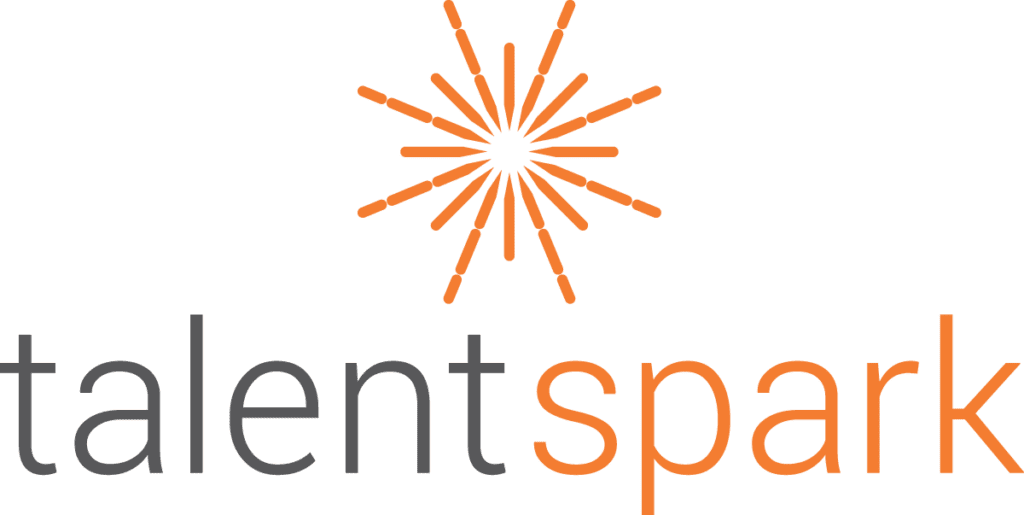As business owners face continued challenges from The Great Resignation and high turnover rates, the need for stronger employee retention strategies and healthier workplace cultures has never been greater.
Much of today’s hiring conversation focuses on how to attract top candidates — but the real key lies in keeping them. Recruiting firms and HR leaders alike are recognizing that long-term success comes from investing in job satisfaction and improving how employees experience their work.
A 40-year study of more than 20,000 workers found that job satisfaction tends to wane as tenure increases. Employees often seek new organizations to reignite engagement and career growth — meaning your most experienced and skilled team members are often the ones most tempted to leave.
Unfortunately, most companies rely on exit interviews to understand turnover, learning only why employees go, but not why they stay. Assuming that longevity equals satisfaction is a costly mistake. Retaining your best people requires intentional effort, continuous feedback, and a culture that fosters fulfillment.
Employees with high job satisfaction are not only more likely to stay, but they’re also more productive and more invested in your business’s success. Keep reading for TalentSpark’s essential tips for improving satisfaction and strengthening your talent retention strategy.
1. Provide Fair Compensation and Genuine Commendation
Among the most important drivers of employee retention are fair compensation and meaningful recognition. These two go hand in hand. When people feel undervalued, it disrupts their confidence, kills their motivation, and breeds resentment. Fair compensation is a major component of employees’ sense of value. As the saying goes, “you get what you pay for.” Fair pay is more than a number — it’s a signal that your organization values quality work and long-term contribution.
Compensation also impacts focus and mental health. By removing financial stressors, you enable employees to perform at their best and stay committed.
But recognition matters too. Recruiting firms specializing in workplace culture consulting often emphasize that genuine appreciation goes beyond bonuses or raises. Publicly celebrate wins, highlight employees in newsletters, share shoutouts on LinkedIn, and remember to say thank you. Recognition fuels motivation and reinforces that people matter to your company.
2. Develop Dynamic Managerial Methods
As Marcus Buckingham famously said, “People leave managers, not companies.” A study of workplace organization found that managerial miscalculations and assumptions lead to poor outcomes due to underworking and overworking employees.
Strong management is a cornerstone of employee engagement and retention. Leadership requires adaptability, empathy, and awareness. Poor management practices lead to burnout, low productivity, and high turnover.
Managers should take a dynamic approach — setting realistic deadlines, recognizing individual strengths, and creating space for mental well-being. Effective leaders understand that every employee is different, and managing them accordingly leads to better workplace performance and team morale.
3. Clearly Define Employee Roles and Paths for Growth
Clarity is one of the strongest predictors of job satisfaction. When employees know what’s expected of them and what success looks like, they’re more confident and engaged. Clear roles also reduce burnout and confusion while improving quality and consistency.
Employees should also see a clear path for growth within your company. Promoting from within, supporting continued learning, and offering skill development programs are vital parts of an effective talent acquisition strategy and long-term retention plan. Your employees are your investment — and growth-minded teams drive lasting results.
4. Build a Culture That Supports Fulfillment
Workplace culture isn’t just a buzzword — it’s a business advantage. HR recruiting firms and executive recruiting teams alike recognize that culture fit is one of the strongest predictors of long-term success — but today’s most forward-thinking companies also look for a culture add.
That means finding individuals who not only align with your organization’s values but also bring fresh perspectives, ideas, and experiences that make your culture even stronger.
Encourage open communication, flexible work arrangements, and opportunities for connection. Support wellness initiatives and lead with empathy. When employees feel seen, valued, and empowered — and when they can actively contribute to the evolution of your culture — they’re far more likely to stay and help your organization thrive.
5. Partner with TalentSpark to Strengthen Retention
TalentSpark is a trusted Boise recruiting firm dedicated to helping businesses and employees thrive together. We go beyond filling roles — our professional recruiting services are built to enhance both hiring and retention outcomes.
Whether you need executive recruiting support, on demand recruitment, or guidance on building a culture that fosters employee satisfaction, our team can help. With a 93% retention rate among placements, TalentSpark delivers results that last.
From interim talent to senior leaders, we help companies nationwide find professionals who align with their mission, values, and goals.
If your company is ready to improve job satisfaction and build a stronger, more engaged workforce, contact TalentSpark today — and discover how the right hire can transform your team!










